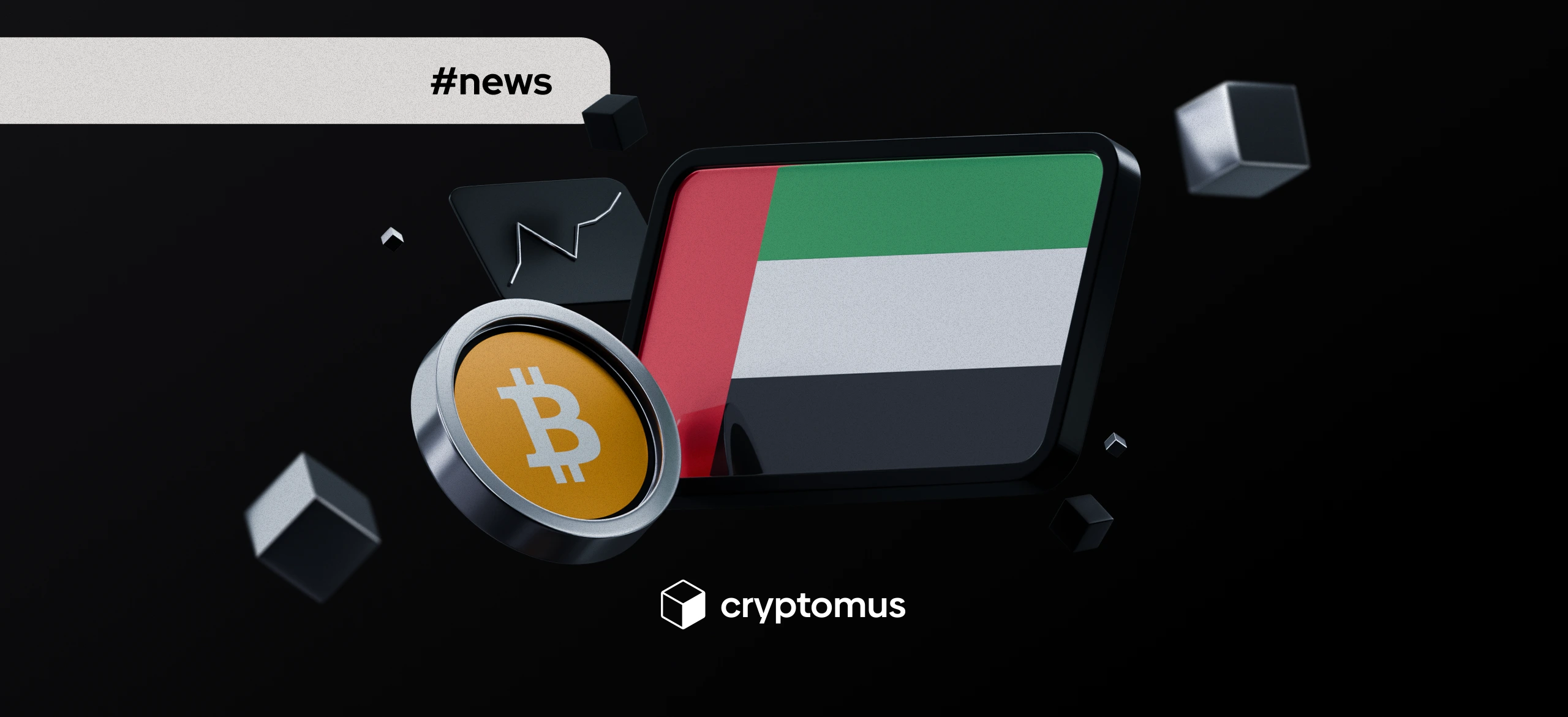
Dubai’s New Crypto Strategy Aims to Challenge Asia’s Dominance
Table of Contents
Dubai has been making steady progress in its effort to compete with leading Asian markets for the title of the world’s next crypto capital. In recent years, it has evolved from simply attracting blockchain startups to establishing itself as a major center for digital finance. Today, Dubai is shaping a long-term plan aimed at standing alongside Asia’s crypto hubs.
The Vision Behind UAE’s Crypto Growth Strategy
Dubai’s strategy follows the same idea as its wider economy: attract investment, build strong infrastructure, and become a global hub. With support from sovereign wealth funds and government projects, the UAE is investing in Web3 technology, from blockchain payments to decentralized finance (DeFi).
Crypto is not seen as a short-lived trend but as part of Dubai’s digital transformation. Programs like the Dubai Blockchain Strategy 2030 and the Virtual Assets Regulatory Authority (VARA) have created a structure for both international companies and local startups. Major exchanges now operate in the city, showing growing global confidence.
Dubai’s real strength lies in how it connects culture with finance. The emirate wants to lead in Sharia-compliant digital finance, reaching the world’s 1.9 billion Muslims. This area of digital Islamic finance is still mostly untouched by Asia’s crypto leaders, giving Dubai an advantage that others can’t easily copy.
Dubai is also taking a practical approach. Its tax-free real estate market has become a space for testing property tokenization, where investors can buy shares of luxury homes without paying transfer taxes.
How Dubai Measures Up Against Asia?
Dubai has big ambitions, but it faces tough competition. Hong Kong and Singapore are still strong due to their mature regulations, deep markets, and long-standing credibility. Hong Kong, in particular, acts as Beijing’s testing ground for crypto, supported by China’s financial resources.
Dubai’s regulations are less unified. Crypto is overseen by VARA, ADGM, and DIFC, each with its own rules. This can make compliance harder for international investors compared to Hong Kong or Singapore.
Costs are another issue. Dubai has no personal income tax and low corporate tax, but companies still face fees and Emiratization hiring requirements. Entrepreneurs have noted on LinkedIn and crypto forums that while Dubai is business-friendly, it is not without challenges.
Still, Dubai’s strength is its flexibility. Unlike Hong Kong, which follows Beijing’s rules, or Singapore, limited by its size, Dubai can adjust policies quickly. Its system allows regulatory experiments without risking the whole market.
Why Hong Kong Stays Ahead of Competitors?
For now, Hong Kong remains Asia’s leading crypto center. It ranks third in the Global Financial Centres Index after New York and London and has strong infrastructure, skilled workers, and trust from investors. Dubai, in 11th place, shows that wealth alone does not create a mature market.
Its strength comes from its deep liquidity and its role in China’s global plans. Beijing uses the city as a hub for crypto flows, letting money move freely while keeping indirect control. Earlier this year, some well-known U.S. investors, including Trump family members, reportedly visited Hong Kong to explore deals linked to Chinese crypto reserves, showing the city’s influence even during tensions.
China sees digital assets as a strategic tool, while the United States is more cautious. By moving liquidity through Hong Kong, Beijing can affect global crypto prices and stabilize markets in volatile times. Dubai, despite its wealth, has not reached this level of coordination.
Still, Hong Kong faces growing competition. Activity in the Middle East and Africa is slowly moving toward Dubai. The emirate’s partnerships with African fintech firms and Gulf investors are increasing its regional influence, hinting at steady growth.
What Comes Next for Dubai?
Dubai is positioning itself as a serious contender in the global crypto market. With strong government support, flexible rules, and a focus on new areas, it is creating a position that established Asian hubs cannot easily match.
Its next goal is to turn this edge into long-term influence. By improving infrastructure, regulations, and Sharia-compliant digital finance, Dubai can strengthen its position as a regional and global hub. At the same time, it will need to address regulatory gaps and high costs to make the market more accessible.
Simplify Your Crypto Journey
Want to store, send, accept, stake, or trade cryptocurrencies? With Cryptomus it's all possible — sign up and manage your cryptocurrency funds with our handy tools.
Get Started









